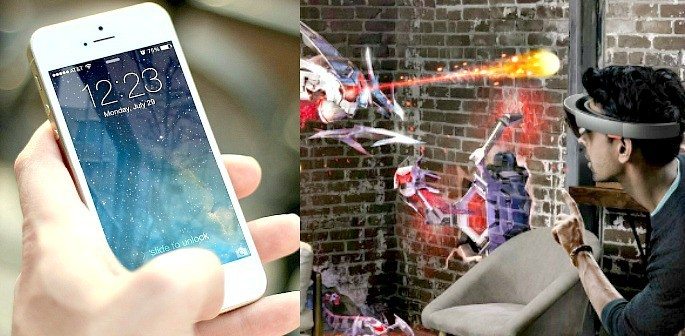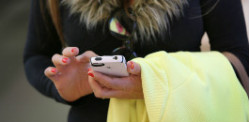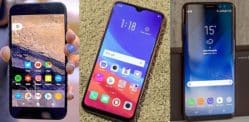"The phone is already dead. People just haven’t realised."
Alex Kipman, an executive at Microsoft and the inventor of HoloLens, has recently suggested that mobile phones are a dying breed.
In an interview with Bloomberg, Kipman said: “The phone is already dead. People just haven’t realised.”
This statement comes after the recent news that Microsoft’s mobile phone line-up will remain limited. Microsoft Marketing Manager Yusuf Mehdi told Bloomberg: “We’re not going to come out with another device that someone’s done.”
In the meantime, Kipman believes the future lies in augmented reality devices like the Microsoft HoloLens, which he invented.
Microsoft HoloLens
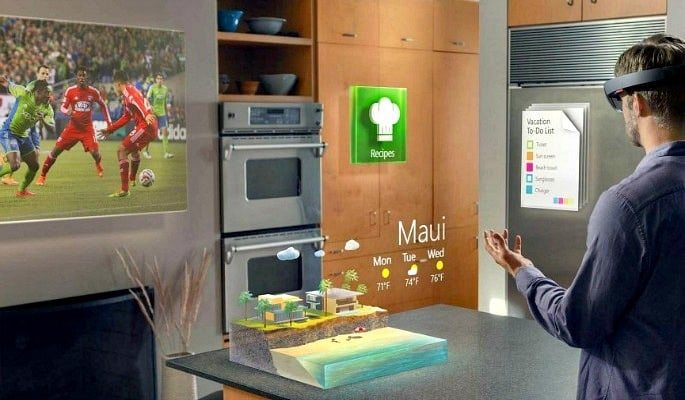
The HoloLens, as the name suggests, is a headset that allows the displaying of holograms. These are three-dimensional and interactive. The HoloLens currently support both voice control and also gestures.
It also comes with spatial audio. This means that the device gives depth to the sounds you hear, making for an even more immersive experience.
A number of applications for the device have already been shown. Perhaps, most significantly, when it comes to replacing mobile phones, the HoloLens supports video chats.
At the same time, holographic monitors can substitute for TVs. This makes for a private viewing experience that still acts as easy as watching a public television.
In all these demonstrations, reports confirm that the fidelity of the holograms on display has been impressively high.
Mobile Technology vs Microsoft HoloLens
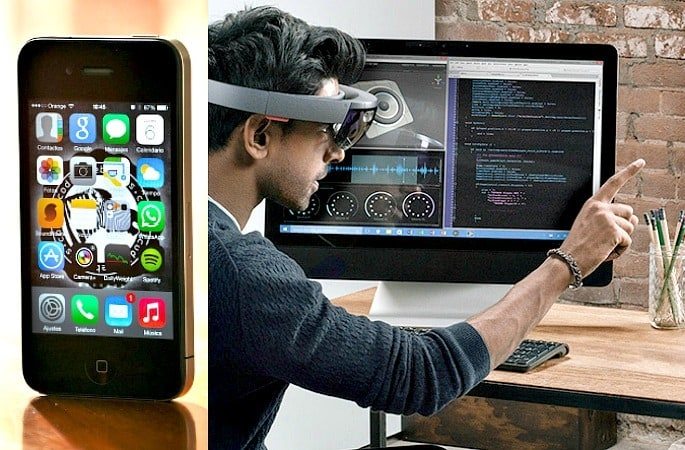
Yet, the would-be mobile phone killer remains in its early stages in a number of ways. Most significantly where its use as a replacement for phones is concerned, the HoloLens currently runs at a high price due to the nature of its technology – this being roughly around £3,000.
Likewise, battery life remains short. A problem that even current mobile phones face.
On a similar level, the current size of the device would limit its use as a replacement for mobile phones. Iterations on the technology will almost certainly slim it down. Whether it will ever get to the point that no headwear is needed, however, remains to be seen.
Nevertheless, even in its early stages, it isn’t hard to see how this could be the future of mobile technology.
Virtual and augmented reality functions are becoming increasingly prevalent in mobile phones, and their apps. Only recently, Facebook announced that it would develop its virtual reality compatibility to make it the first social media VR experience.
Kipman could be right, then, in suggesting that the days are numbered for mobile phones. Undeniably, the technology’s everyday applicability remains limited at the moment. Yet, there still remains potential.
With augmented reality becoming increasingly prevalent, it’s perhaps just a matter of time before our everyday communication devices revolve around it.
What do you think? Do you agree with the idea that the mobile phones will soon be replaced by AR devices like the HoloLens? Be sure to cast your vote in our poll below.




















































